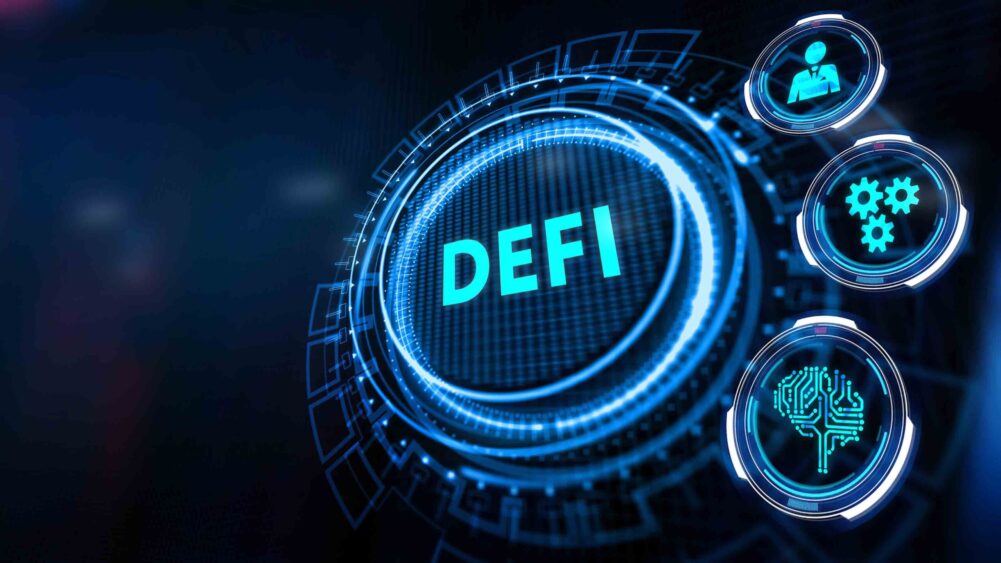Bitcoin trading has been a hot topic in the financial world since the inception of the cryptocurrency in 2009. As the market for Bitcoin and other cryptocurrencies continues to grow, traders are always looking for new and innovative ways to trade. Decentralized trading platforms and DeFi (Decentralized Finance) are emerging as the future of Bitcoin trading.
What is Decentralized Trading?
Decentralized trading platforms are built on blockchain technology and do not rely on a central authority to manage transactions. Instead, all trades are executed through smart contracts, which are self-executing digital contracts that enforce the terms of the trade. Decentralized trading platforms allow for faster and more secure transactions, as they eliminate the need for intermediaries.
One of the biggest advantages of decentralized trading platforms is that they are more resistant to hacking and fraud. Since transactions are executed through smart contracts, there is no risk of a central authority being hacked or compromised. This means that traders can have more confidence in the security of their funds.

What is DeFi?
DeFi, or Decentralized Finance, is a movement that aims to create a more open and transparent financial system. DeFi platforms are built on blockchain technology and offer a wide range of financial services, such as lending, borrowing, and trading. These platforms are decentralized, which means that they are not controlled by a central authority.
DeFi platforms offer a number of advantages over traditional financial systems. First, they are more accessible, as anyone with an internet connection can participate. Second, they are more transparent, as all transactions are recorded on a public blockchain. Finally, they are more secure, as they are built on blockchain technology and are resistant to hacking and fraud.
The Future of Bitcoin Trading
The future of Bitcoin trading is likely to be dominated by decentralized trading platforms and DeFi. These platforms offer a number of advantages over traditional trading platforms, such as greater security, faster transactions, and more transparency. Additionally, they are more accessible to a wider range of traders, as they do not require intermediaries.
One of the biggest challenges facing decentralized trading platforms and DeFi is scalability. Currently, most decentralized platforms are limited in terms of the number of transactions they can process. This is due to the limitations of blockchain technology. However, developers are working on solutions to this problem, such as layer 2 scaling solutions.
Another challenge facing decentralized trading platforms and DeFi is regulation. As these platforms become more popular, governments and regulatory bodies are likely to take a closer look at them. This could lead to increased regulation, which could limit the growth of these platforms.

The future of Bitcoin trading is likely to be dominated by decentralized trading platforms and DeFi. These platforms offer a number of advantages over traditional trading platforms, such as greater security, faster transactions, and more transparency. However, they also face challenges such as scalability and regulation. Despite these challenges, the growth of decentralized trading platforms and DeFi is likely to continue as more traders look for innovative ways to trade Bitcoin and other cryptocurrencies.

